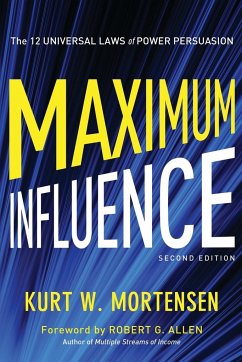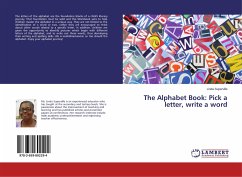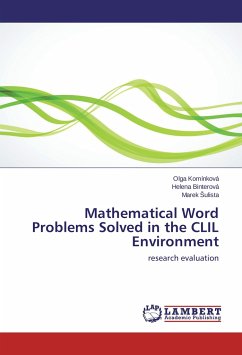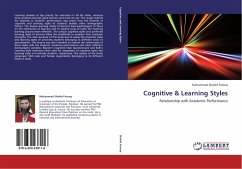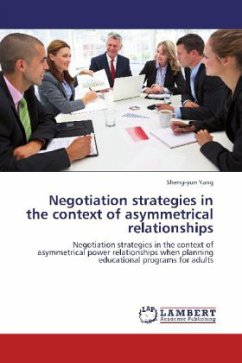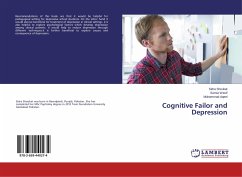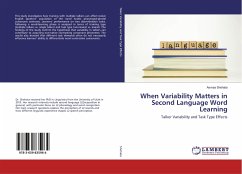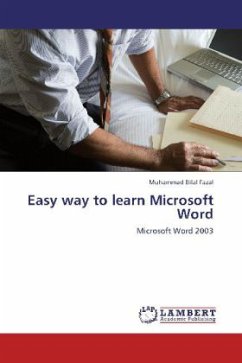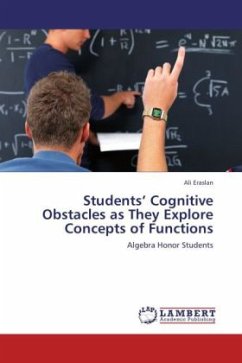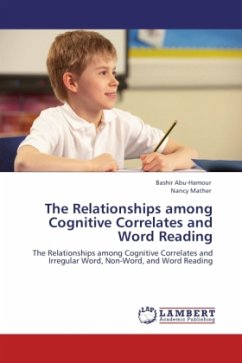
The Relationships among Cognitive Correlates and Word Reading
The Relationships among Cognitive Correlates and Irregular Word, Non-Word, and Word Reading
Versandkostenfrei!
Versandfertig in 6-10 Tagen
45,99 €
inkl. MwSt.

PAYBACK Punkte
23 °P sammeln!
This book explored the cognitive correlates that best predicted irregular word, non-word, and word reading, and reading performance of typical and poor readers. The findings indicated that processing speed had the strongest correlation with irregular word reading, whereas rapid automatized naming (RAN) had the strongest correlations with word reading and non-word reading. As with previous research RAN letters was the best predictor of reading skills. The best model for predicting reading was based on a combined measure of phonological awareness (PA) and RAN letters. An interesting finding was ...
This book explored the cognitive correlates that best predicted irregular word, non-word, and word reading, and reading performance of typical and poor readers. The findings indicated that processing speed had the strongest correlation with irregular word reading, whereas rapid automatized naming (RAN) had the strongest correlations with word reading and non-word reading. As with previous research RAN letters was the best predictor of reading skills. The best model for predicting reading was based on a combined measure of phonological awareness (PA) and RAN letters. An interesting finding was that the correlation between irregular and non-word reading was significant for students with typical reading, but insignificant for the poor readers. These findings provide support for both the dual-route and double-deficit theory of dyslexia that ascribes independent contributions of PA and RAN to the development of reading skills. This book presents information that will help school psychologists, neuropsycholoists, educational diagnostician, special education teachers, as well as general education teachers, to recognize, assess, and provide effective treatment programs for dyslexia.



